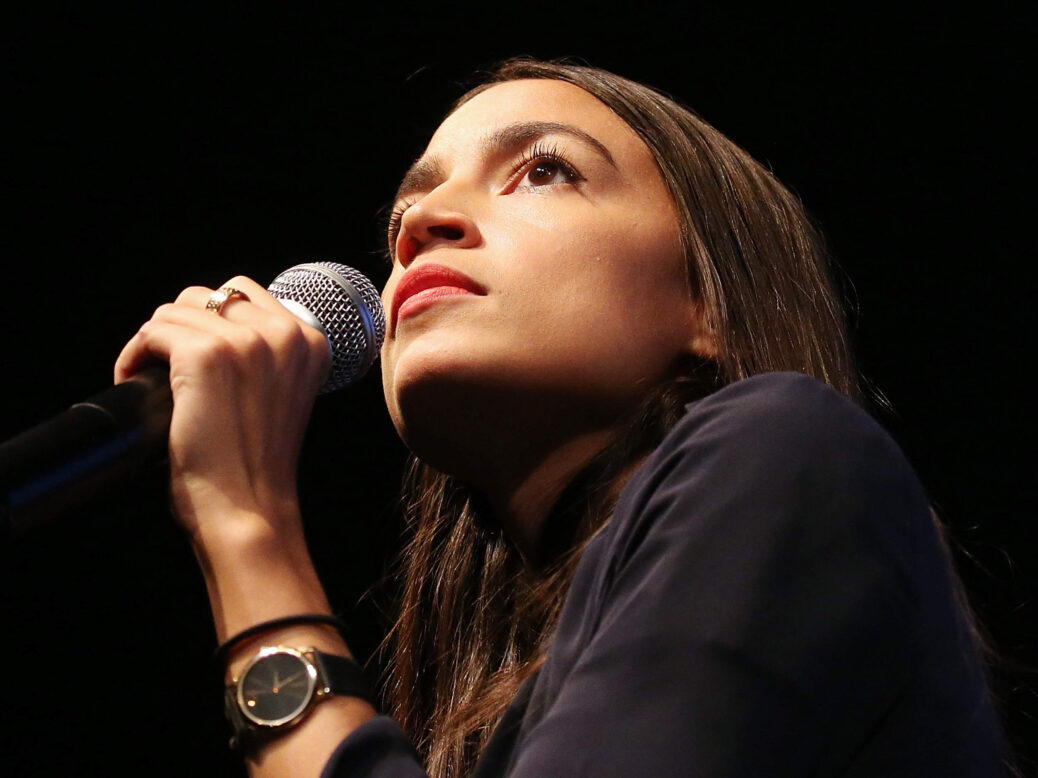
A record 467 women have entered the congressional primaries during these mid-terms, and earlier this week the elections in Missouri, Kansas, Michigan, Washington and Ohio confirmed that women aren’t just running in unprecedented numbers, they are winning too. According to the Centre for American Women and Politics at Rutgers, 185 women have won their congressional primaries so far, up from a previous record of 167 in 2016. This year, 11 women have won their gubernatorial primaries. The previous record was ten, in 1994.
The vast majority of new women congressional candidates are Democrats (143 in total) and many are unlikely to win their races in November because they are running in safe Republican seats. But the few first-time women candidates who are running in safe Democratic or competitive seats are a fascinating and diverse bunch. Many are trailblazers, such as Deb Haaland of New Mexico, who could become the first Native American elected to congress.
Some have unusual stories, such as Gina Ortiz Jones, a 36-year-old veteran raised by a single mother from the Philippines who could become Texas’s first openly gay member of congress, or Lucy McBath, a former flight attendant from Georgia who became a gun rights activist after her son was shot and killed, or Kara Eastman, a social worker and a progressive who defeated the establishment candidate in Nebraska.
A number are millennials, including Alexandria Ocasio-Cortez, the 28-year-old left-wing activist who upset the Democratic establishment in New York, the 29-year-old state legislator Abby Finkenauer running in Iowa, the 29-year-old charity worker Katie Hill, who is running in California, and the 31-year-old public health expert, Lauren Underwood, who could become the first black woman to represent the Illinois 14th district.
This is not purely coincidental. As the Economist reports, young women could swing this year’s mid-terms. Across all ages, the voting gender gap is wider than ever: Gallup polling suggests that just 35 per cent of women approve of the president’s performance, compared to 49 per cent of men. Among young women, this effect is even more pronounced. Just five per cent of women aged 18-34 said they had a “very favourable” opinion of Donald Trump, and these elections will in part reflect the president’s popularity. Almost 70 per cent of women aged 18-34 are Democrats, but men that age lean slightly Republican, according to Pew Research Centre polling.
That young women reject the president and his party should come as no surprise. To hear a presidential candidate brag about grabbing women by the pussy and then witness his election is galling, infuriating and frankly devastating to any woman who has been groped or harassed by a stranger or colleague or supposed friend – and that’s most of us.
A survey earlier this year found that 81 per cent of women in the US report having been sexually assaulted or harassed. While the #MeToo movement demonstrated that when women work together they can redress the power imbalance that allows predatory and powerful men to abuse young women and go unpunished, Trump’s presidency offered the ultimate example of how men can still bully their way to the top, paying off and discrediting women who are no longer convenient to them, and responding to criticism with sexist slurs.
At the same time, the Republican Party’s policies on healthcare and reproductive rights hit young women – whether they want children or affirmatively do not – especially hard. Republicans have cut funding to Planned Parenthood, the country’s biggest provider of reproductive healthcare services and abortions. The party has tried to reduce access to safe abortions in other ways too, such as by restricting information that medical professionals can give to patients. Trump’s Supreme Court nominee, Brett Kavanaugh, poses a serious threat to reproductive rights.
The Republican Party is also hostile to mothers. It attempted to pass a health care bill that would have restricted health coverage for pregnant women. The US is already the most expensive place in the world to give birth, even though it has the highest rate of maternal mortality in the developed world. The Republican proposals would make America an even more dangerous place to give birth. Which all serves to underline that the Republican Party doesn’t just have an image problem when it comes to young women, it is the problem.
To make a difference in the elections, however, young women will have to turn out to vote in November. Historically, youth turnout has been low compared to older demographic groups, but the millions-strong women’s marches and this year’s crop of female first-time candidates suggest a new energy among young women voters. One can only hope that Trump’s hostility towards women will eventually catch up with him.



